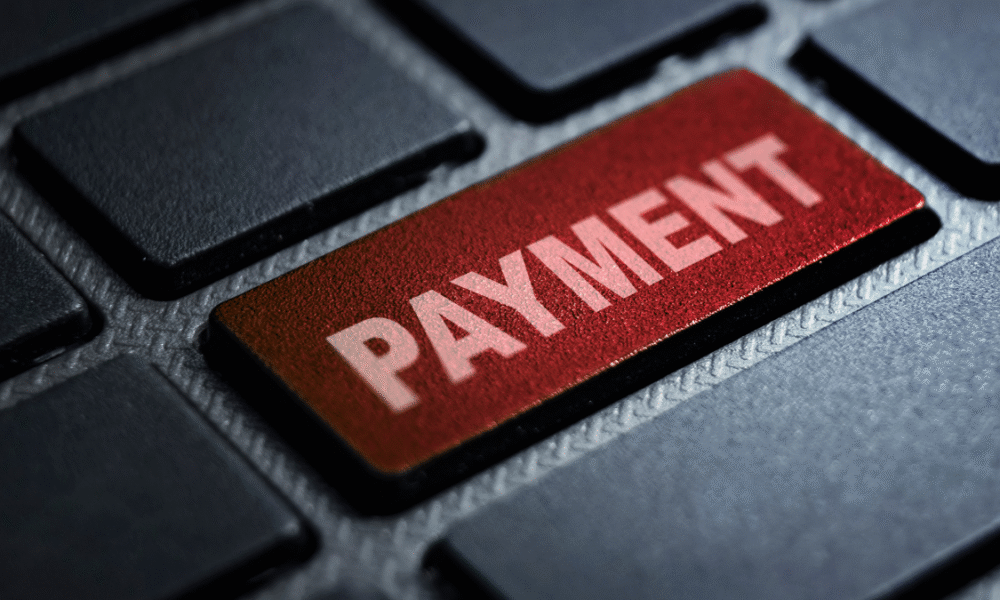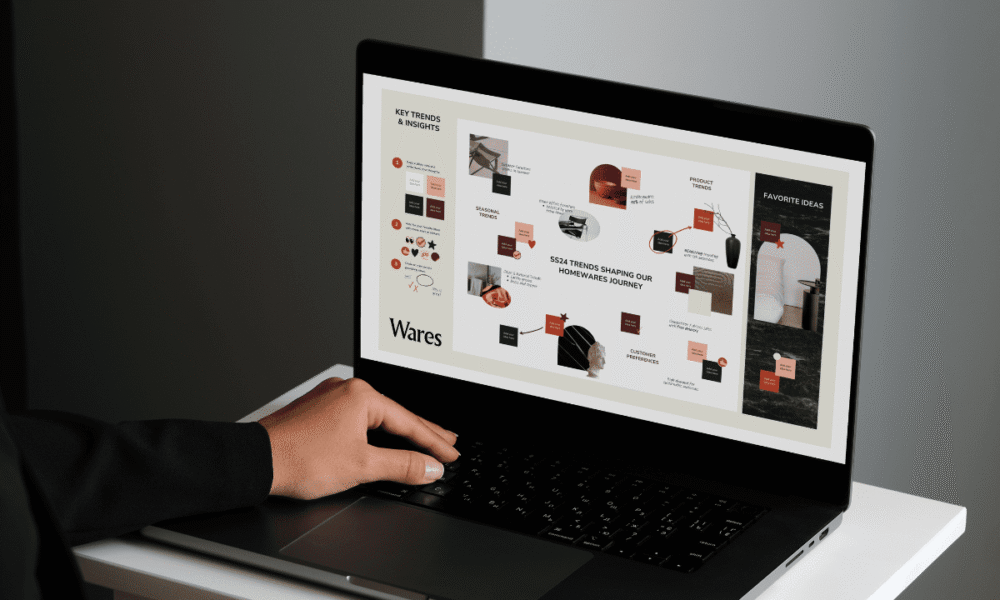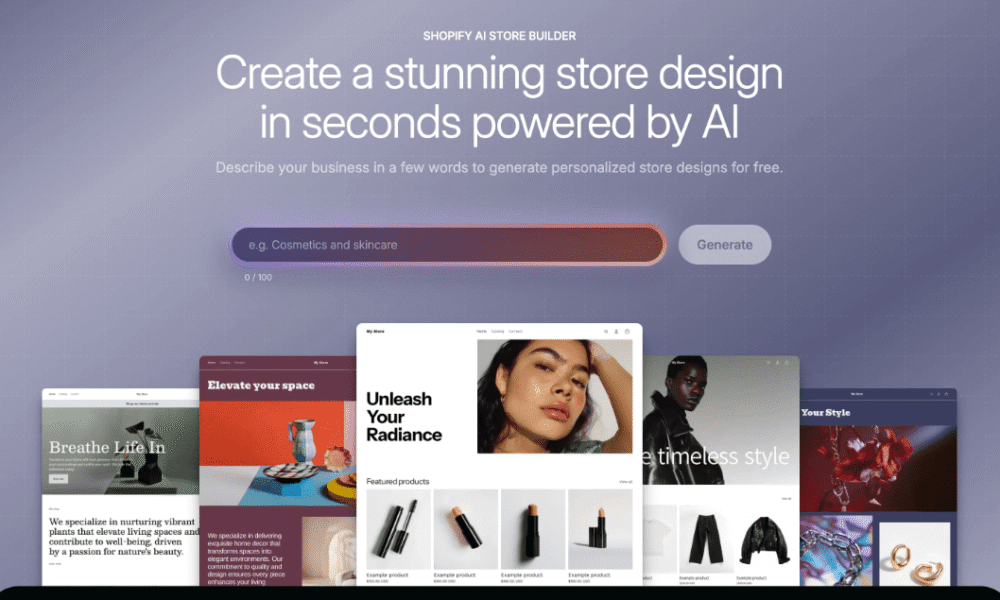If you are looking for ‘print on demand for fashion brands’, you’re…
What Is Shopify’s Best Payment Provider?

To run a successful e-commerce business, you only need to get everything right, and it’s essential to choose Shopify’s Best Payment Provider. From finding the right product to sell to ensuring you work with the most efficient payment provider.
Your customers need a smooth method to make payments for their purchases, which is also easily accessible. When choosing a payment provider for your Shopify store, it’s essential to consider the fees involved, customer service, and features.
Need help figuring out where to start? This guide will give you insights into various payment providers, their features, and their pros and cons. Keep on reading.
What’s a Shopify Payment Provider?
A Shopify Payment Provider is a service that lets Shopify store owners accept online payments from their customers. It’s a payment solution combining various technologies to initiate and process customer payments. This solution allows you to receive payments from customers securely and conveniently. The process begins when the customer initiates the transaction, so this means that the payment provider starts processing the transaction at this point.

A good payment provider should provide security features and payment protection to keep the business safe. It would help if you also had a payment provider that allows credit card payments. As we all know, most customers make payments through their credit cards. If your payment provider doesn’t accept credit cards, you’ll miss out on the better part of the market.
Features to look for in a Shopify payment provider.
Each payment provider has unique features, advantages, and disadvantages to suit different business types and sizes. The following are factors to consider when choosing a Shopify payment provider:
Convenience
You must provide a payment method that allows your customers to pay quickly and conveniently. You would want to avoid cart abandonment issues because your customer needed help finding a seamless payment method. Whether the customers are paying via credit cards, debit cards, or any other payment method, you should offer a payment method that gives them more choice and convenience.
Security
It would help if you had a payment provider that is safe and secure. It must provide fraud protection and security features to keep your business safe. Look for a payment provider that complies with PCI rules and regulations. This shows that they meet the credit card companies’ security standards.
Accepts payment cards
The payment provider you choose for your Shopify store should be compatible with most credit and debit cards. The standard cards used by most customers include VISA, Mastercard, and American Express.
Global availability
Since Shopify caters to a worldwide audience, the payment provider should do the same. This is because you want to consider the growth of your business in the future and the location of your target customers as your business expands. Choose a payment provider that serves your current audience and is accepted in other places you look forward to developing.
Customer support
The customer support of your payment provider can offer support any time of the day and night. Choose one that provides support 24/7 in case issues arise.
Transaction fees
It’s also essential to consider the transaction fees the payment provider charges. These fees affect your business’s profit margins and your products’ pricing. It would help if you determined the rate per transaction and the monthly charge some Shopify payment providers charge.
Determining the transaction fees allows you to ascertain the value of the money you get from the payment providers. Payment providers charge high transaction fees with lower monthly charges, or vice versa. So, whichever you choose, consider your profit margin.
Additionally, check other fees, including annual fees, statement fees, charge-back fees, settlement fees, cancellation fees, anticipation fees, etc. All these fees will help you determine the total cost of your chosen payment provider.
The best Shopify payment providers
Shopify Payments
Shopify Payments is a payment system built by Shopify that allows you to accept payments on your Shopify store without needing a third-party company. This platform has everything you need to make payments, including a free card reader for in-person sales.
There are two main advantages to using Shopify Payments. Number one, you won’t incur the usual transaction fee that Shopify adds on with other payment processors. This allows you to save some money on every sale. Secondly, Shopify Payments is designed with an easy-to-use interface for you and your customers.
There’s no extra signup fee to use Shopify Payments, so you’ll pay your Shopify subscription fee and other standard fees like credit card processing charges.
Pros:
- There are no additional transaction fees.
- Allows real-time monitoring
- It is easy to integrate and set up a user interface.
- High-security features
- Quick checkout process
- Lower processing fees compared to other Shopify payment methods.
Cons:
- Restricted in some countries
- Money may be held temporarily sometimes.
Paypal
PayPal is one of the most widely used payment providers. It is also the most popular choice for Shopify store owners. The platform is used worldwide and trusted by more than 220 million people in different locations. Paypal is easy to set up and can take up to an hour.
PayPal offers both free and paid plans for Shopify users. Regardless of the plan that works for you, you’ll get help from the efficient PayPal customer support team. PayPal can also handle subscriptions and recurring payments for your store. PayPal charges various fees, but they provide a fee calculator to help you figure out exactly how much you’ll be charged.
Their plans include:
Primary: 2.9% transaction rate plus $0.30
Pro Plan: $30 monthly
Pros:
- Offers a flat-rate pricing structure that is predictable.
- Supports a wide range of currencies.
Cons:
- Inconsistent customer service
- You can limit your account anytime if you violate their terms and conditions.
Stripe
Stripe is another popular payment option for receiving payments on your Shopify store. It’s great for businesses that expect to expand, making it the best choice for substantial e-commerce ventures—stripe tags and features such as sending invoices and managing subscriptions. The platform also lets you track your sales while keeping costs down easily. You can also enjoy these features in Stripe’s mobile app.
Stripe charges a standard fee of 2.9% plus $0.30 for every transaction. Larger businesses can contact them for a custom quote. There’s a 1% fee for getting your money instantly into your bank account and another 1% fee for payments from other countries.
Pros:
- Easy account setup
- Offers a transparent flat-rate pricing structure.
- No setup or cancellation fees
- Allows a wide range of payment methods.
- Supports various currencies
- Easy to customize checkout
- Top-notch customer service
Cons:
- Only available to Shopify store owners in 39 countries
- Steep learning curve
Amazon Pay
Amazon Pay is a payment option for your Shopify store, which Amazon owns. This tells you that the platform shares Amazon’s trust and convenience. Amazon Pay allows customers to use their existing Amazon account information, including payment methods and shipping addresses, to check out at your store. Customers benefit significantly from this since it saves them time and the hassle of repeatedly filling in their information.
Since many people already shop on Amazon and have their information stored there, Amazon Pay creates a smooth and familiar checkout experience, which can lead to more sales for your store. This is especially true if you sell products that complement those on Amazon.
Pros:
- Easy to use
- Easy to set up
- Amazon’s fraud protection for all store owners
- Integrates with Shopify
- Filling in new personal details is unnecessary, saving you time.
Cons:
- You need an active Amazon account to make a payment.
- Doesn’t support PayPal payments.
- There is a high risk of losing an account if you are suspected of violating Amazon rules.
Authorize.net
Authorize.net is a secure and feature-rich payment gateway for your Shopify store. It allows you to receive customer payments through e-check or mobile payment processing. Authorize.net allows your customers to use the major credit cards, including Visa, American Express, Mastercard, etc. The platform prioritizes security and incorporates card tokenization, automatic fraud detection, and a safe customer management system. With these security measures, a store owner can avoid fraudulent transactions. Both the store owner and the customer have peace of mind when transacting.
Authorize.net integrates well with Shopify, supporting modern options like Apple Pay. The downside is a one-time setup fee and a per-transaction fee, but convenience and security might outweigh those costs for many businesses.
Pros:
- Supports a wide range of currencies and payment options.
- Solid security and fraud detection features
- Great customer support
Cons:
- Some store users find it expensive.
- Some store owners need help finding its all-in-one option.
Opayo
Opayo, previously known as SagePay, is a payment provider for Shopify stores. It is available to online businesses based in the US and the UK. Opayo stands out because of its unique pricing structure compared to other high-risk payment processors.
Opayo is versatile, allowing Shopify store owners to accept online and offline payments through cards, phone orders, and other online payment channels. Security is a priority, but the customer authentication process can be complex. A more significant drawback is the lengthy account verification stage, which can take up to 5 weeks and prevents you from processing any transactions during that time. This can be a challenge, especially for new businesses.
Unlike most options that charge per transaction, Opayo has a monthly fee. This can be good if you have a predictable sales volume, but it can be less cost-effective for businesses with fluctuating sales.
Pros:
- Easy to use
- Integrates with Shopify easily.
- Top-notch customer support
- Cheap pricing structure
Cons:
- Long account verification process
Square
Another popular and reliable payment option for your Shopify store is Square. This platform allows you to process payments both online and physically. It is a flexible option for people operating brick-and-mortar stores or online presence.
Square integrates with your Shopify store with several helpful extensions, offering extra features and functionality. You can use their handy dashboard to keep track of your sales, cash flow, and even inventory levels.
On top of that, Square allows you to accept donations, membership fees, and appointment booking charges alongside regular transactions. Plus, the Square Cash App can streamline your workflow even further. Security is a priority, with Square being PCI-compliant and using end-to-end encryption to protect your customers’ information. Payments typically reach your bank account within 1-2 business days.
Square’s pricing is straightforward:
A standard fee of 2.9% plus $0.30 per transaction.
A premium plan starts at $12 per month. Here, you can enjoy more square features and functionality.
Pros:
- The platform uses a flat-rate pricing system.
- Exceptional customer support
Cons:
- It may not be suitable for large businesses.
- Accounts may experience stability issues sometimes.
Verifone
Verifone, formerly known as 2CheckOut, is a lesser-known option on the list of Shopify payment gateways. Unlike most, Verifone lets you pick and pay for only the features you need, which can be a good fit for businesses on a tight budget. They offer fraud and privacy protection tools to help you manage risk. They also provide a tax calculator to simplify your tax handling. While Verifone is free to use, you’ll be charged a fee for each transaction you process. Remember that the per-transaction fees might offset the potential cost savings from a la carte features, so compare pricing to see if it makes sense for your business.
Pros:
- Flat-rate pricing structure
- Reaches a wide audience
- Supports various payment channels
Cons:
- Not available to Shopify online merchants who sell high-risk products.
WorldPay
WorldPay is a Shopify payment gateway that serves businesses of all sizes. The system provides online retailers with a safe way to operate their businesses and take payments via credit and debit cards as well as your website and phone. This flexibility can be helpful if you take orders by phone or have an in-person presence alongside your online store.
The ability to reach a worldwide audience and handle more than 120 different currencies sets WorldPay apart. This is advantageous, mainly if you sell internationally. The fact that WorldPay doesn’t charge refund fees is another benefit that saves on processing costs and improves customer satisfaction.
WorldPay offers two plans, including:
Standard: 19 GBP
Advanced: 45 GBP
Be sure to compare each plan’s features to see which aligns best with your business needs.
Pros:
- Top-notch customer service
- Charges are based on the number of sales.
- Excellent fraud protection features
- Available in more than 100 countries
Cons:
- Ambiguous pricing structure
- Website information needs to be more transparent.
Read Also:
- How To Make Your Shopify Store Live
- The Best Shopify Marketing Tools For Your Store
- 12 Side Hustle Ideas To Make Extra Money
- Klaviyo Shopify App: Ecommerce Marketing 101
- 5 Easy Reasons To Sell Products Under $5 In Shopify Store
Klarna
Klarna is a popular payment method for Shopify stores that facilitates your clients’ checkout process. It provides a “buy now, pay later” option that enables users to split their orders into smaller payments. This may be attractive to clients purchasing more costly goods from your store.
Klarna’s pricing is straightforward. If your customers are in the UK or Ireland, you’ll pay a fee of 2.49% per transaction plus an additional 20 pence. The fees might be different for customers located elsewhere in the world.
Pros:
- Smooth checkout experience
- Integrates with Shopify
- Low transaction fees
- No installment payments
- Store owners receive a complete payment at checkout.
Cons:
- Customer support could be more reliable.
Final Thought on Shopify’s Best Payment Provider
The best Shopify payment provider for your online business depends on various factors, including the size and type of business. What you need is to weigh the costs against the benefits.
In this guide, we’ve listed different payment methods that can work for your business. Some are suitable for medium and large companies, while others are for small ventures.
Sign up for an account with any of the above payment gateways and enjoy seamless payment processes.
Frequently Asked Questions (FAQs)
Can I use more than one payment gateway in my store?
Absolutely! Many online store platforms let you connect with several payment gateways. This gives your customers a wider choice of how they want to pay, which can be good.
What are the advantages of a payment provider?
A payment provider is like a secure checkout counter in the online world. It safely handles transactions for your store so that you can accept payments by credit card, debit card, and sometimes other methods. Payment gateways also come with extra features to help prevent fraud and keep your transactions secure.
What are the different kinds of payment gateways?
Four main payment gateway types exist, but you can handle the technical details. The important thing is that they all get the job of processing your payments securely.
So, which payment provider is the best?
The best payment gateway for you depends on your specific needs. Some popular options like Stripe and PayPal are well-liked because they can handle payments quickly and offer a variety of features. It’s a good idea to research and compare what different gateways offer before you choose one.




Comments (0)